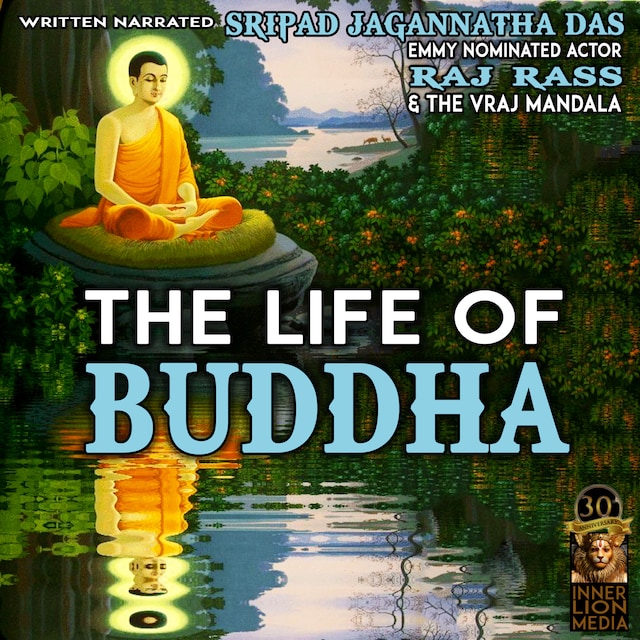
The Life Of Buddha
Beskrivning av boken
Gautama Buddha, also known as Siddhartha Gautama, was a spiritual teacher who lived in ancient India between the 6th and 4th centuries BCE. He is the founder of Buddhism, one of the major religions of the world. Buddha was born into a royal family, but he renounced his luxurious lifestyle at the age of 29 to seek the truth about life and the nature of suffering. He spent six years as a wandering ascetic before attaining enlightenment at the age of 35. The Buddha's teachings, known as the Dharma, revolve around the Four Noble Truths, which explain the nature of suffering and the path to its cessation. The core message of Buddhism is that suffering arises from craving and attachment, and that liberation can be attained through the practice of the Eightfold Path, which includes meditation, mindfulness, ethical conduct, and wisdom.
The Buddha's teachings have had a profound impact on the spiritual and cultural history of Asia and beyond. His teachings spread rapidly throughout India and other parts of Asia, and they continue to inspire millions of people today. The Buddha's emphasis on non-violence, compassion, and the importance of the present moment has also resonated with many in the West. In addition to his spiritual teachings, the Buddha also provided practical guidance on social and ethical issues. He advocated for the abolition of caste distinctions, the treatment of animals with compassion, and the importance of community and social harmony.
Buddha's teachings continue to be relevant and inspiring today. His teachings on the nature of suffering, impermanence, and the importance of self-awareness are particularly relevant in today's fast-paced and materialistic world.


